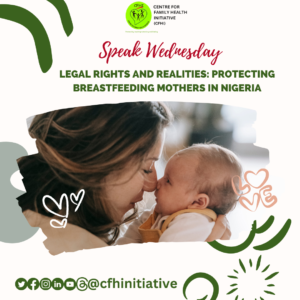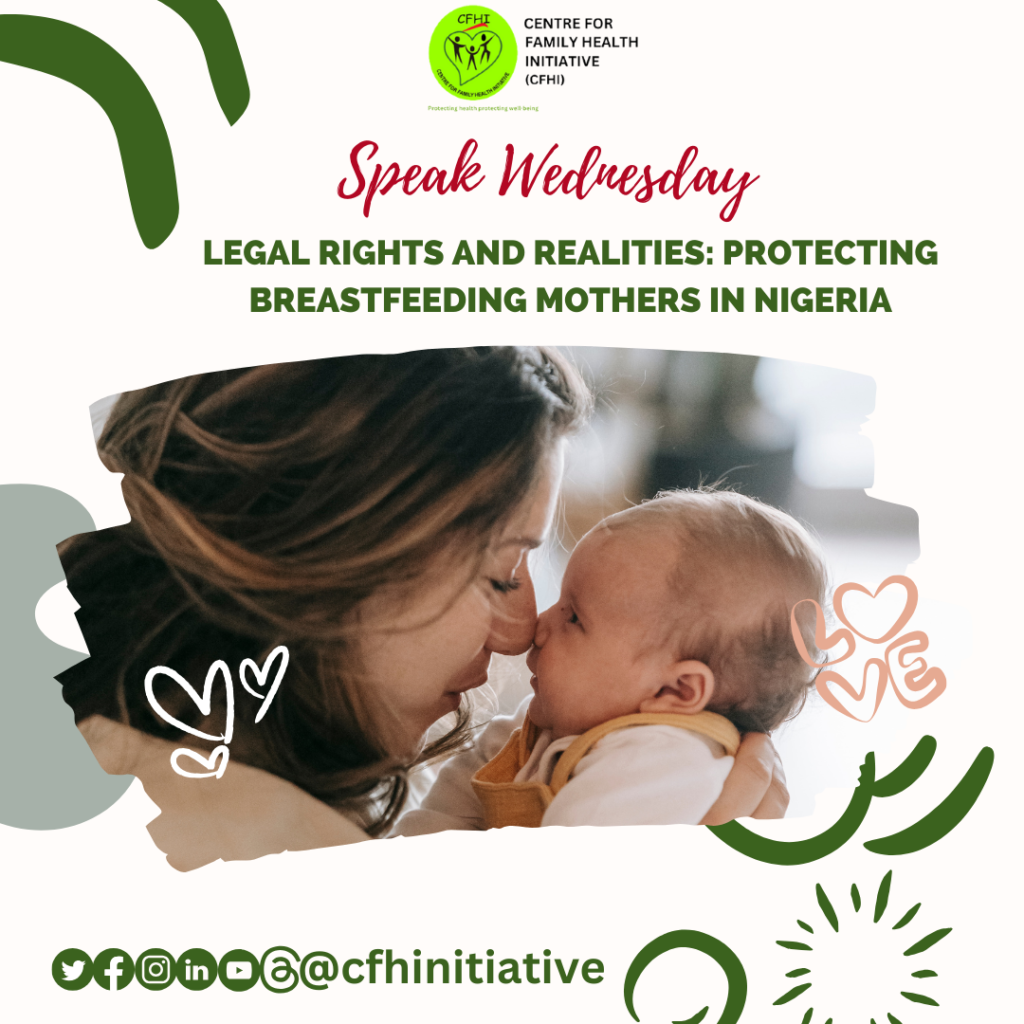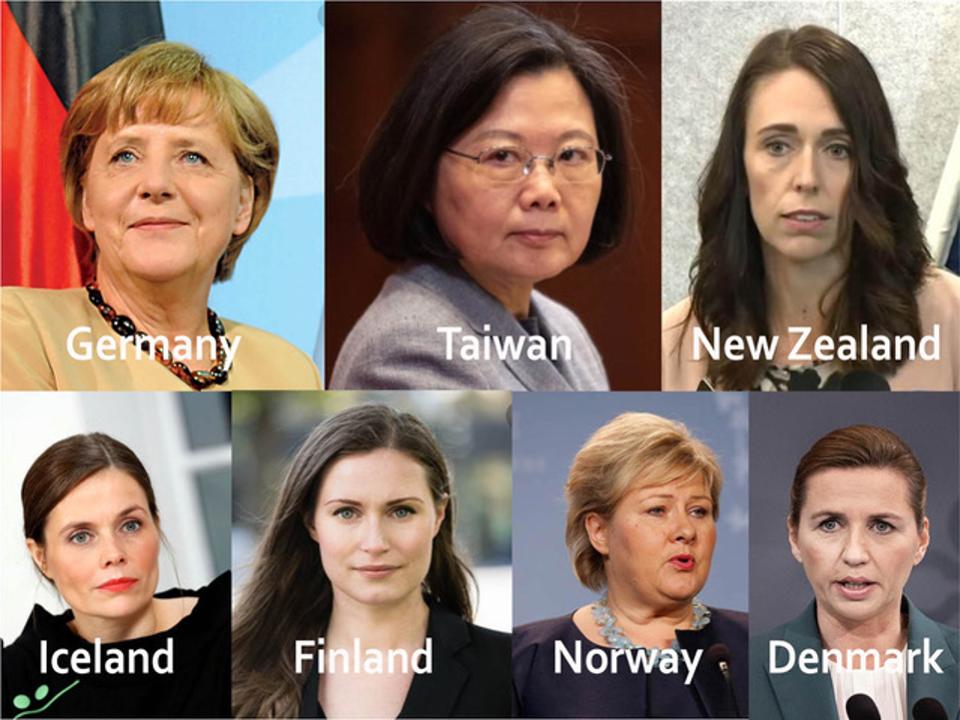Breastfeeding is a fundamental right and a crucial aspect of infant health, but breastfeeding mothers often face challenges in public spaces and workplaces. Despite the significant benefits of breastfeeding for both mother and child, public stigma and discrimination against breastfeeding mothers remain prevalent. This social issue not only undermines the health and well-being of children but also infringes on the rights of mothers.
In Nigeria, legal protections exist to support nursing mothers, yet many mothers face discrimination and lack of support when attempting to breastfeed in public spaces or workplaces.
Many employers, particularly in the private sector, are either unaware of these laws or choose to ignore them. The informal sector, where a large percentage of Nigerian women work, is even less regulated, leaving many nursing mothers without legal protection.
Also, breastfeeding in public can provoke a range of reactions, from mild discomfort to outright hostility. Many mothers report feeling judged, embarrassed, or even harassed when they breastfeed outside the privacy of their homes.
Nigeria has made strides in establishing legal frameworks to protect breastfeeding mothers. They include:
- Labour Act (S.54): This Act mandates that breastfeeding nursing workers are entitled to breastfeeding breaks of at least 30 minutes twice a day.
- The Child Rights Act of 2003 provides that children have the right to be breastfed.
- National Policy on Infant and Young Child Feeding: This policy promotes exclusive breastfeeding for the first six months and continued breastfeeding up to two years or beyond, ensuring mothers have the support needed.
- Public Health Laws: Various health policies emphasize the importance of breastfeeding and the need to create conducive environments for nursing mothers.
Although Nigeria has taken steps to protect breastfeeding mothers through the above legal frameworks, involving stronger legal protections, better enforcement, and cultural change are required. Furthermore, educating both employers and the public about the importance of breastfeeding and the legal rights of nursing mothers can reduce stigma and improve compliance.
It’s time to celebrate and support the natural act of breastfeeding, ensuring that no mother feels ashamed or discriminated against for nurturing her child in public or at work.
Speak Wednesday is an initiative of CFHI to address issues around gender-based violence and gender bias.
#SpeakWednesday #BreastfeedingRights #HealthyBabiesHealthyNation #GenderEquality #GenderBias
REFERENCES:
- Labour Act (Cap L1 LFN 2004):
– Nigerian Labour Act. (2004). Available at: [ILO Database of Labour Legislation] (https://www.ilo.org/dyn/natlex/docs/WEBTEXT/42156/67562/E90NGA01.htm).
- National Policy on Infant and Young Child Feeding:
– Federal Ministry of Health, Nigeria. (2010). National Policy on Infant and Young Child Feeding in Nigeria. Available at: [Federal Ministry of Health Nigeria] (https://www.health.gov.ng/doc/IYCF_policy_2010.pdf).
- Public Health Laws:
– Federal Ministry of Health, Nigeria. (2005). National Health Policy. Available at: [Federal Ministry of Health Nigeria] (https://www.health.gov.ng/index.php/documents/category/22-policies).
- Impact of Public Stigma:
– World Health Organization. (2020). Breastfeeding. Available at: [WHO] (https://www.who.int/health-topics/breastfeeding#tab=tab_1).
– Nigerian Health Watch. (2018). Challenges of Breastfeeding in Nigeria. Available at: [Nigerian Health Watch] (https://nigeriahealthwatch.com/challenges-of-breastfeeding-in-nigeria/).




